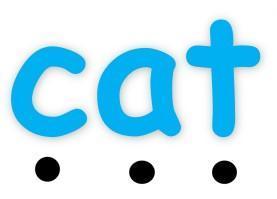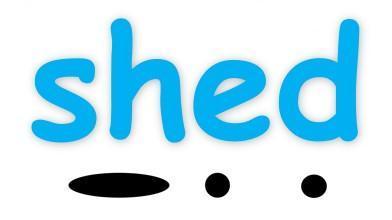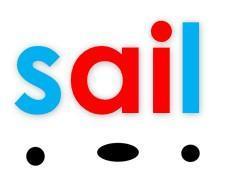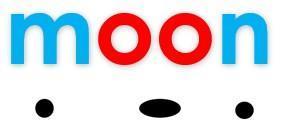Phonics
Phonics, Early Reading and Spelling
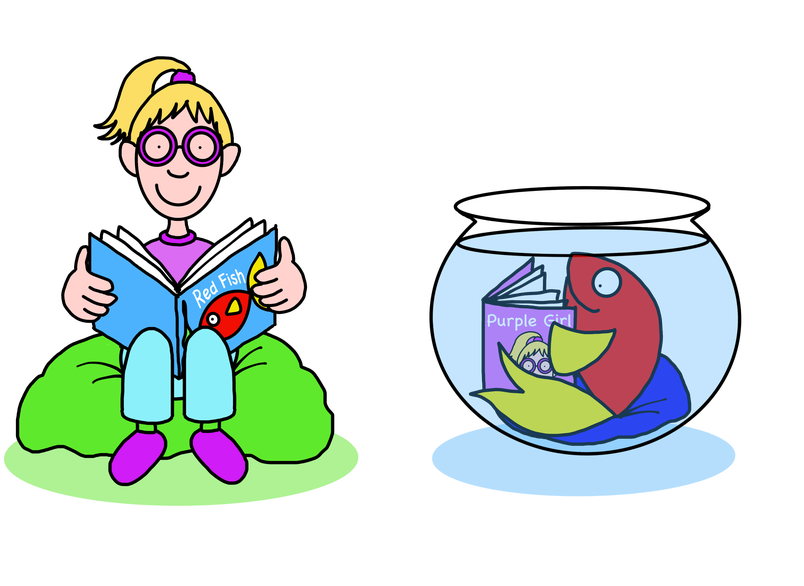 Reading is one of the most important and exciting life skills a child can acquire. Their reading journey has already begun before they start school, enjoying books and stories read to them at home.
Reading is one of the most important and exciting life skills a child can acquire. Their reading journey has already begun before they start school, enjoying books and stories read to them at home.
As your child starts at Malden Parochial, their reading journey continues where ‘learning to read’ will become ‘reading to learn’. Phonics is an essential tool needed when learning to read and write.
Our Phonics Programme
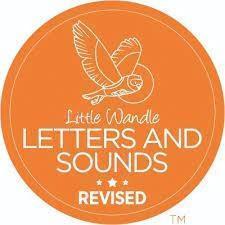 At Malden Parochial, we use the systematic synthetic phonics approach as outlined by the Department of Education and we have revised our school programme in line with the 2021 validated version Little Wandle Letters and Sounds.
At Malden Parochial, we use the systematic synthetic phonics approach as outlined by the Department of Education and we have revised our school programme in line with the 2021 validated version Little Wandle Letters and Sounds.
Please follow the link below to explore the parents section on their website which explains a little more about how we teach phonics and provides useful tips for parents.
Little Wandle Letters and Sounds
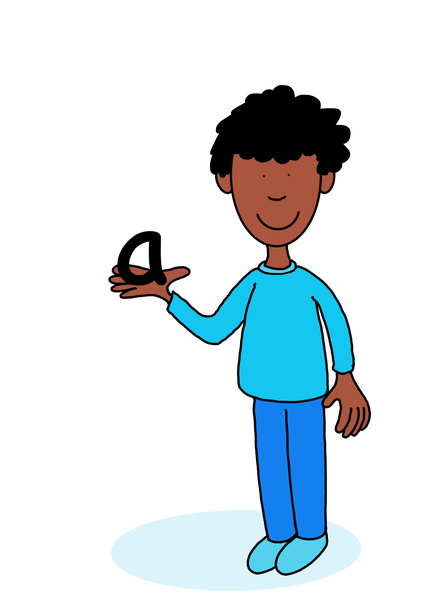 Phonics is a way of teaching children to read and write quickly and sk
Phonics is a way of teaching children to read and write quickly and sk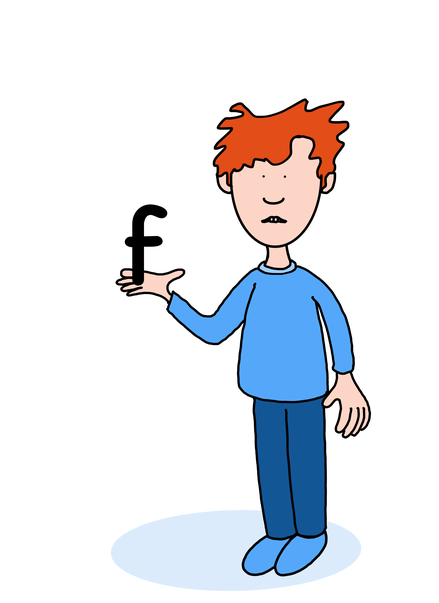 ilfully. We teach children to recognise the sounds that each individual written letter (grapheme) makes. They then learn to identify the sounds (phonemes) that different combinations of letters make i.e. ‘sh’ and ‘ai’. Children learn to blend the sounds together to read a word. We teach them to spell a word by segmenting it into smaller sounds and then writing it.
ilfully. We teach children to recognise the sounds that each individual written letter (grapheme) makes. They then learn to identify the sounds (phonemes) that different combinations of letters make i.e. ‘sh’ and ‘ai’. Children learn to blend the sounds together to read a word. We teach them to spell a word by segmenting it into smaller sounds and then writing it.
Alongside learning to blend and segment words, we teach them to read and spell trickier high frequency words that cannot be sounded out and deciphered using the phonics skills they have learnt. These words are commonly found in the books they read and the children will learn to read these by sight.
Nursery
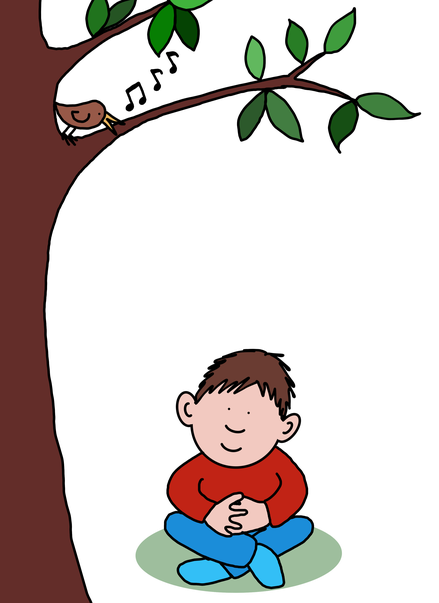 Early phonics teaching in pre-school, nursery and at the start of reception focuses on developing children’s listening, vocabulary and speaking skills. We do a lot of aural work at quite a slow pace, training children in awareness of sound through: Environmental sounds
Early phonics teaching in pre-school, nursery and at the start of reception focuses on developing children’s listening, vocabulary and speaking skills. We do a lot of aural work at quite a slow pace, training children in awareness of sound through: Environmental sounds
Instrumental sounds
Body percussion (e.g. clapping and stamping)
Voice sounds
Rhythm and rhyme
Alliteration
Some of the activities the children take part in include 'listening' walks, playing and identifying instruments, action songs, learning rhymes and playing games like I Spy.
In nursery in the summer term, the focus is on oral blending and segmenting e.g. hearing that d-o-g makes ‘dog’. This supports the importance of speaking and listening and develops children’s discrimination of sounds, including letter sounds. The children also have the opportunity to enjoy a selection of wordless books that they share at school and bring home.
Reception
In reception, ‘Phonics Sessions’ are taught daily. Children learn to pronounce the sounds (phonemes) themselves in response to letters (graphemes) and they are encouraged to start blending these into words as soon as they know a small group of phonemes. This leads them on to being able to read simple words and phrases.
For example: d – u – ck p – a – t a c – a – t
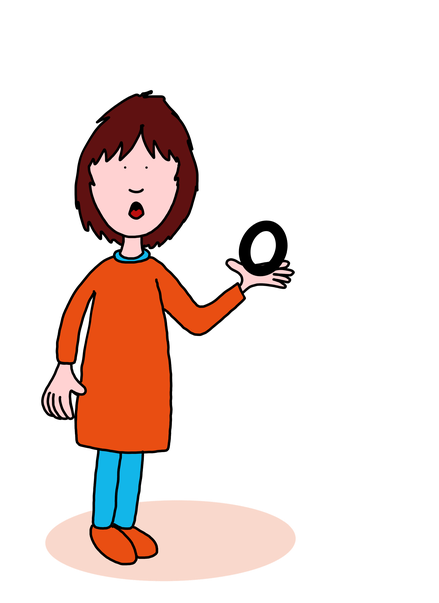 When children are learning to blend for reading and segmenting for spelling, using the pure sound is imperative. This video will help you articulate the phonemes (units of sound) that we teach at school so that you can support your child at home.
When children are learning to blend for reading and segmenting for spelling, using the pure sound is imperative. This video will help you articulate the phonemes (units of sound) that we teach at school so that you can support your child at home.
Click the link below:
Sound blending is essential in reading and saying the pure sound correctly helps this process. Children learn how to use ‘sound buttons’ to help them identify each unit of sound in a word.
|
|
|
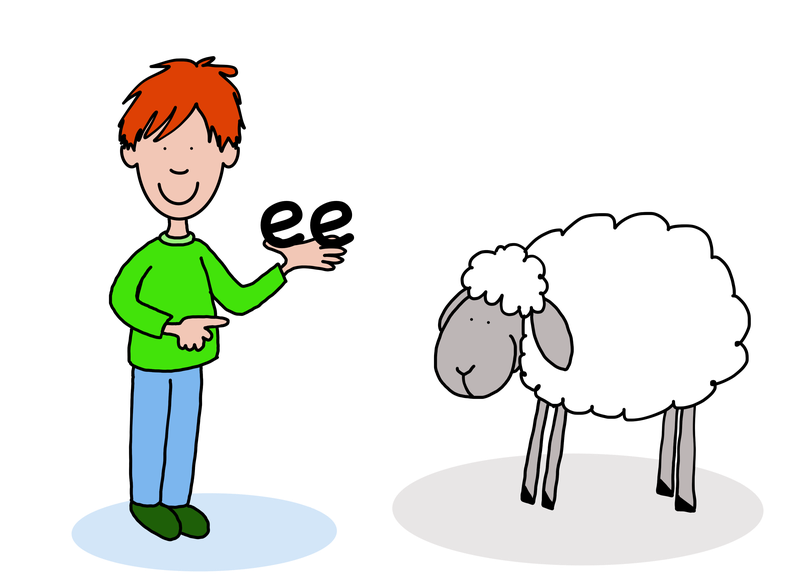 In the spring term, reception learn about diff
In the spring term, reception learn about diff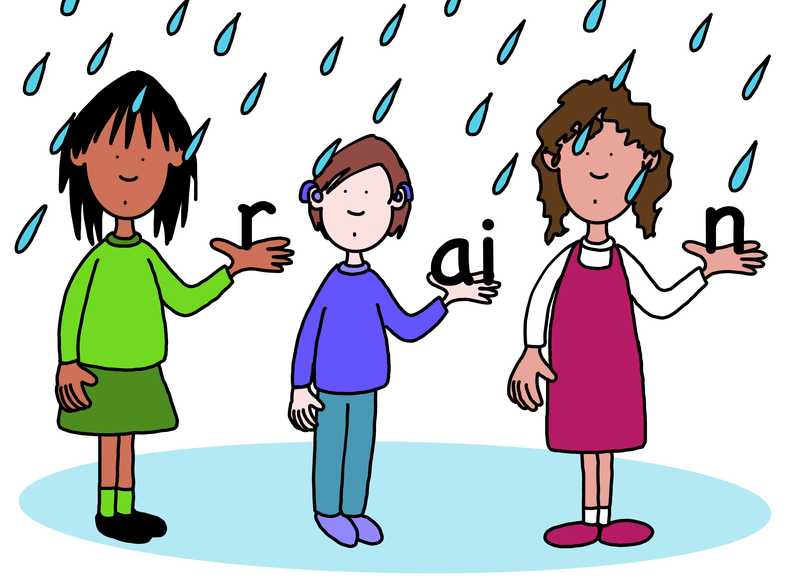 erent combinations of phonemes, known as ‘digraphs’. They learn to see these graphemes as one sound. They are encouraged to read and write them in words.
erent combinations of phonemes, known as ‘digraphs’. They learn to see these graphemes as one sound. They are encouraged to read and write them in words.
|
|
|
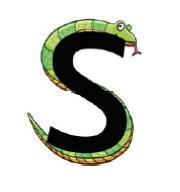 For each phoneme and combination of phonemes taught, there is a pict
For each phoneme and combination of phonemes taught, there is a pict ure to represent the letter shape.
ure to represent the letter shape.
At the end of each week, to follow up the sounds learnt in class, the children take home books to practice developing their reading skills and books for pleasure to share at home.
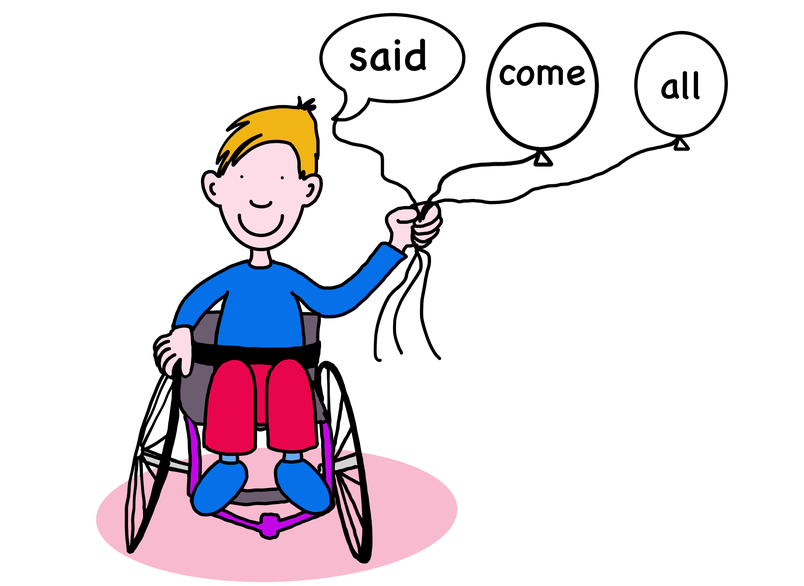 Alongside the teaching of different sounds, the children also learn to read some tricky words that cannot be broken down phonetically.
Alongside the teaching of different sounds, the children also learn to read some tricky words that cannot be broken down phonetically.
Year 1
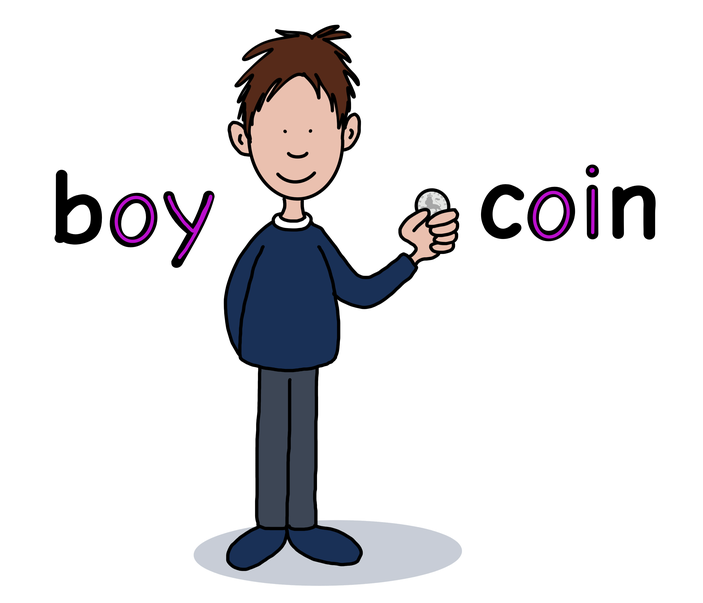 In Year 1, ‘Phonics Sessions’ are taught daily and the children broaden their knowledge of sounds for use in reading and spelling. They learn alternative sounds and they begin to build word-specific knowledge of the spellings of words.
In Year 1, ‘Phonics Sessions’ are taught daily and the children broaden their knowledge of sounds for use in reading and spelling. They learn alternative sounds and they begin to build word-specific knowledge of the spellings of words.
i.e. m – o – n – k – ey
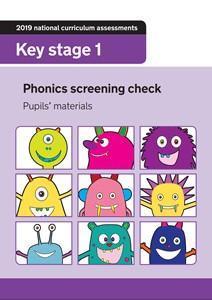
In June, the children in Year 1 are tested on their phonics in a ‘National Phonics Screening Check.’ This is a check of 20 real words and 20 alien words. (alien words are words that are made up of the phonemes we have taught that are not real. i.e. f-l-oa-p) Parents receive their child’s results at the end of the summer term. Children who do not meet the expected standard in the Year 1 National Phonics Screening, repeat the Phonic Screening Check in Year 2.
The children have weekly phonics homework to help practise the sounds they have learnt. They also have books to practice their reading skills matched to their phonetic stage and books to share for pleasure at home.
Year 2
By Year 2, the children have knowledge of the 44 unique phonemes that distinguish one word from another and the various graphemes combinations that represent the sounds. By this stage, children should be able to read many words by decoding them quickly and silently, decoding them aloud and reading them automatically.
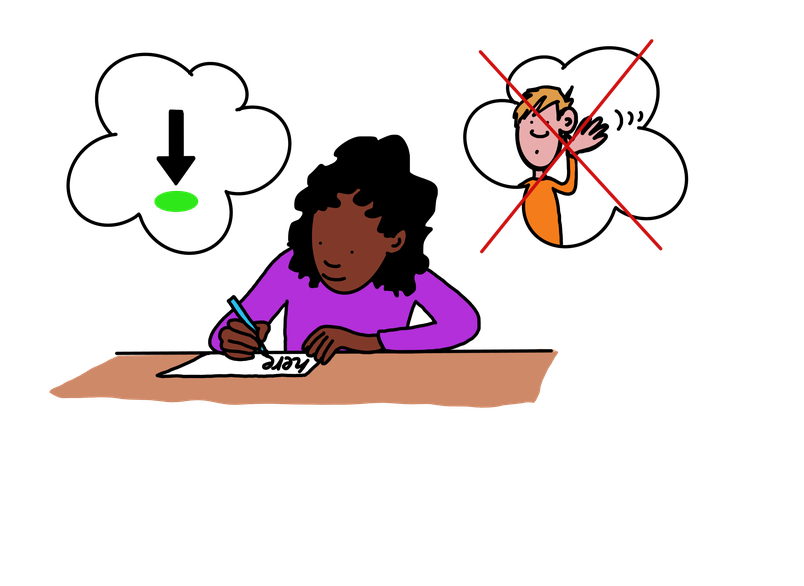 The children revise previously taught phonemes, graphemes, and the focus shifts to word-specific spellings. They learn spelling rules such as adding prefixes and suffixes, e.g. ‘in-’ and ‘-ed’, plurals and homophones such as blue /blew, here/hear. Children are encouraged to use their phonic knowledge to become fluent readers and increase their ability to become accurate spellers.
The children revise previously taught phonemes, graphemes, and the focus shifts to word-specific spellings. They learn spelling rules such as adding prefixes and suffixes, e.g. ‘in-’ and ‘-ed’, plurals and homophones such as blue /blew, here/hear. Children are encouraged to use their phonic knowledge to become fluent readers and increase their ability to become accurate spellers.
Although formal phonics teaching is usually complete by the end of KS1, children continue to use their knowledge as they move up the school. The whole aim of phonics teaching is not just to learn the sounds, but to use them as a tool for reading and spelling. Everything leads on to independent reading and writing.
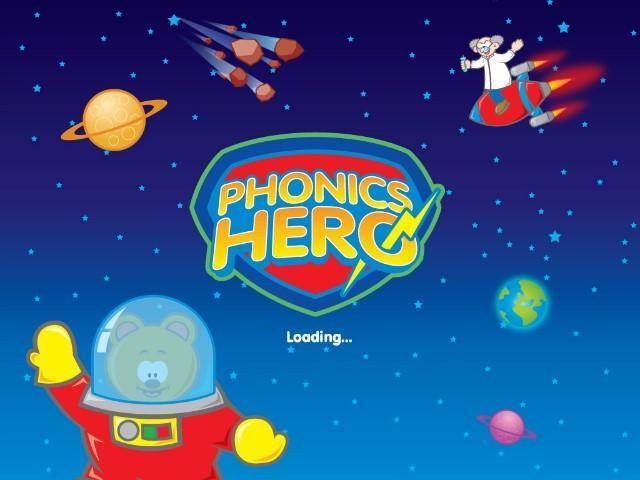
All children from Reception through to Year 2 have a subscription to Phonics Hero. Phonics Hero is a platform where children read and spell through fun synthetic phonics games online or through an iPad / Android tablet.
To see our Phonic Progression Overview for each year group click below
Nursery
Reception
Year 2
